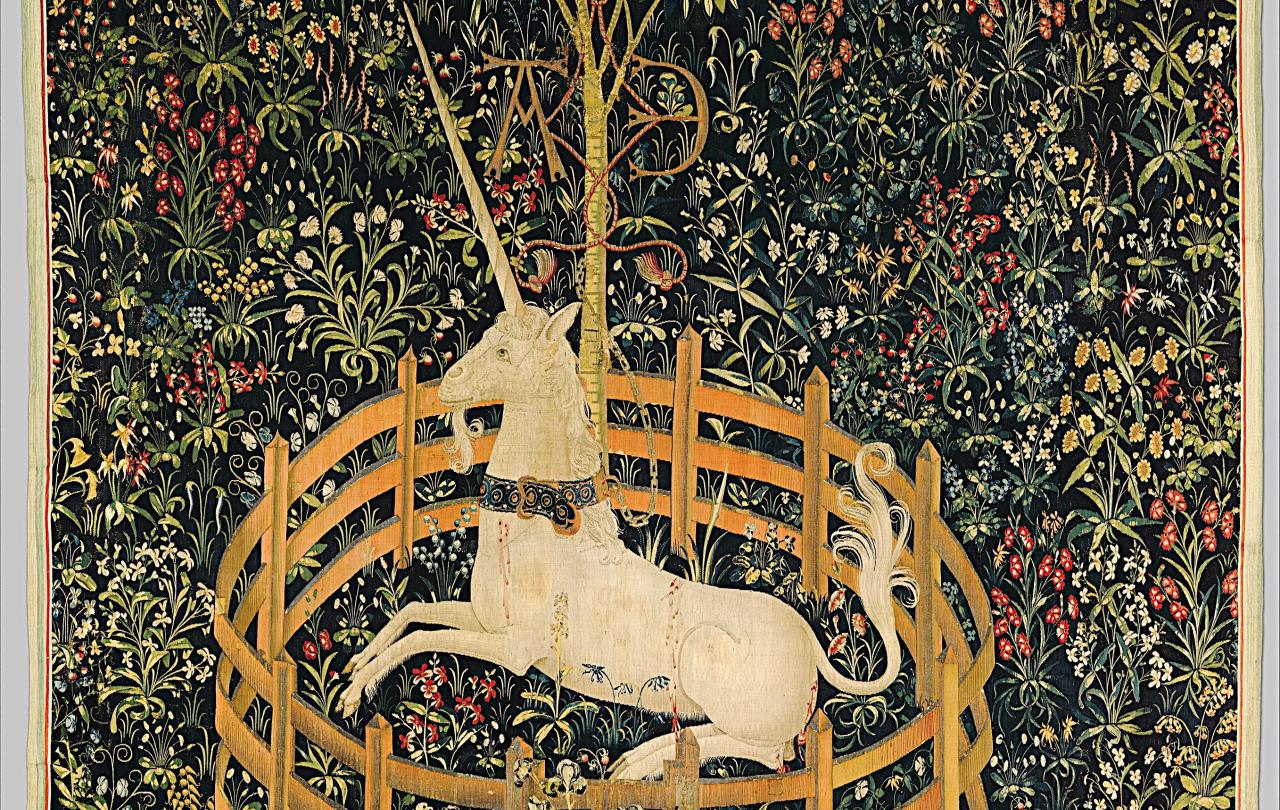
I like trains.
Or rather, I like the idea of trains. I feel a sense of entirely false nostalgia for a railway age that I am far too young to have lived through.
I have this picture postcard image of a time when trains puffed along through idyllic countryside scenes, trailing fluffy white clouds behind them. Each commuter railway service a kind of Hogwarts Express to a magical world in a time when trains were on-time, sheep grazed contentedly trackside and the journey was the destination. A time which probably never existed.
The reality doesn’t quite live up to the fantasy.
My picture postcard is a little different. Sweaty armpits. Stale air. Sardines in a can.
Wish you were here.
My journeys are slightly less magical.
Or they are, at least, on the days when I am able to get anywhere at all.
Today isn’t one of those days.
My train is cancelled again, because of course it is.
The other day it was a landslide across the tracks. In the Midlands, the flat Midlands.
But today it’s something to do with strikes, continuing disruption and overtime working bans.
The Hogwarts Express is cancelled due to a shortage of train crew.
As much as I enjoy the concourse of Birmingham New Street station, I feel I spend entirely too much time there.
Rather than admiring the countryside scenes of my imagination, instead I find myself with no choice but to spend an extended moment admiring the glowing amber of the station clock.
Enthroned between destination boards, reigning supreme over the train travellers, is the clock – ticking digitally away.
In its court I stand transfixed, not because I am hypnotised, captivated or held hostage, but because I have nowhere else to go.
Of course, clocks, railways (steam or otherwise) and strike action are not incidental to the situation I find myself in.
The truth is that the age of steam never lived up to my rose-tinted imaginings. In reality it was the genesis of a clockwork age. An age of factories and precision, where cards were punched, steam whistles sounded, and time was metered out. An age that we haven’t fully escaped. The station clock may be digital, but our lives are still clockwork.
Ever since, people have continued to dance to uncomfortable mechanical rhythms. The striking workers have simply decided to stop dancing for a while.
There was another Genesis of a different age before all the noise. An age of sea and sky and forests of trees. A garden age with a different tune to dance to: a rhythm of planting, of wind rustling the wheat, of harvest, of rest. A life-shaped rhythm of goodness and grace, where relationship – to one another, to the world – was central, rather than productivity.
This Eden is at once the point of departure, as well as arrival. Appearing as a gardener, Jesus rises from the tomb with an open invitation to return to a life lived at God’s speed.
As an alternative to the rush of commuters going nowhere very fast – the way of Jesus is a journey with a true destination. Life in all its fullness.
Full – not overfilled.
Daydreaming, time passes. My wait ends.
As I board my train, and my nostrils fill once again with its stale air, I think about the wind through the trees.





